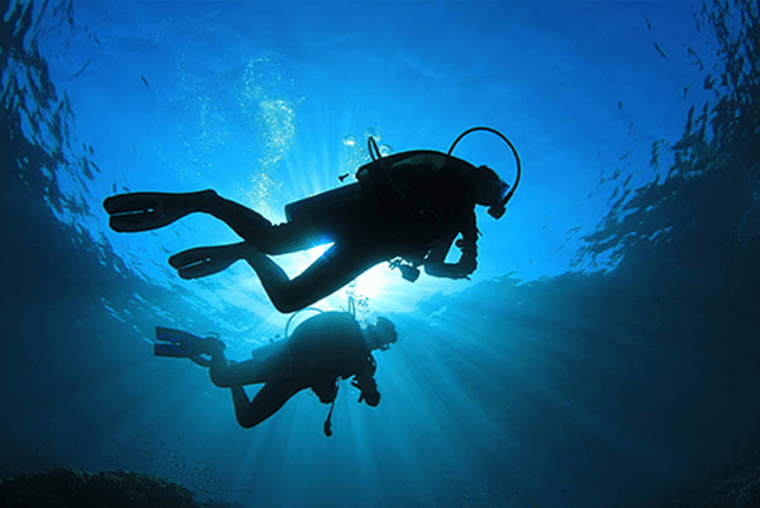Introduction
Beyond mastering dive safety and techniques, embracing a holistic approach to diving can significantly enrich your underwater journeys. This comprehensive guide delves deeper into the nuances of equipment care, skill development, community involvement, and travel planning, offering seasoned advice to divers eager to elevate their experience and immerse themselves in the vibrant world beneath the waves.
Equipment Care
- Proper Cleaning: Beyond simply rinsing your gear, inspect each piece for signs of wear or damage, ensuring longevity and reliability for future dives. This meticulous attention can prevent malfunctions during dives.
- Storage: Proper storage extends beyond preventing material degradation; it also involves checking seals and O-rings, lubricating where necessary, and ensuring that your equipment remains dive-ready.
- Routine Service: Manufacturers require/recommend that your regulators be serviced by a factory certified technician at least annually. Annual service includes replacing critical parts, rubber components and testing/tuning regulators to factory specifications. Often, divers skip service intervals, because they “have not done much diving”. Well rubber components age with or without use, so annual service is critical to safe diving.
- Equipment Specialist Course: This course is designed to give an in-depth look at how dive equipment works. It will cover general repairs and maintenance of various types of exposure suits, BCD’s, regulators, and other accessories.
Skill Development
- Continuous Learning: Advancing your education in diving isn’t just about acquiring new skills; it’s about deepening your understanding of underwater environments, enhancing safety, and increasing your capacity to handle diverse diving situations.
- Practice Dives: Use practice dives not only to refine your techniques but also to experiment with different types of equipment and configurations, helping you adapt to a variety of diving conditions and preferences.
Community Engagement
- Join Dive Clubs: Membership in dive clubs or online communities isn’t merely social; it’s a gateway to mentorship, knowledge exchange, and discovering lesser-known dive sites through the experiences of others.
- Participate in Events: Engaging in dive-related events allows you to contribute to the preservation of underwater environments, network with professionals, and stay abreast of the latest in dive research and conservation efforts.
Travel Tips
- Gear Transportation: Efficient packing is crucial, but so is understanding the logistics of transporting tanks and weights or the feasibility of renting heavier items at your destination to ease travel burdens.
- Selecting Dive Operators: When choosing dive operators, look beyond their safety records and conservation practices; consider their local community involvement and the educational value they provide, ensuring a responsible and enriching diving experience.
By adopting these in-depth practices, divers can not only safeguard their gear and safety but also contribute positively to the underwater world and its communities, ensuring a fulfilling and sustainable diving career.


